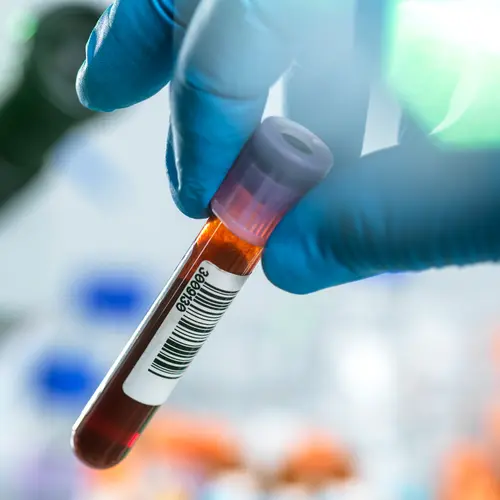The process of introducing a new treatment to the public can be a long one. Before the FDA approves a drug, it must go through rigorous clinical trials, which are divided into three phases. In phase I, researchers try to find out if the drug is safe for people to take. If the drug is deemed safe, it may go on to phase II, when researchers aim to determine if the drug works as it should. They also collect more safety data. In phase III trials, they expand their research to include more patients in more places.
To conduct a clinical trial, scientists need people to participate voluntarily. Clinical trials often involve thousands of patients who volunteer to take the experimental drug. The FDA and an independent review board carefully monitor every aspect of the trial. There are rules the researchers must follow to ensure that their work is scientifically correct and ethically sound. The study volunteers have clearly defined rights, such as the right to drop out of the trial at any time.
While there are risks involved in joining a clinical trial, there may be benefits, too. You might get a new "wonder drug" long before it hits the market. If you're interested, ask your doctor if you could benefit by joining one. Your doctor may know of a trial that is seeking volunteers in your area. The National Institutes of Health also has an online database that you can search. The web site provides detailed information on what's involved in joining a clinical trial including a list of ones currently underway.
Genital herpes is a lifelong condition. For help coping with herpes day to day, see 5 Ways to Ease Stress and Stay Healthy.
For emotional support, see How to Tell Your Partner and Re-Entering the Dating Scene.
For more information and help understanding terms you may hear about genital herpes, see Resources and the Glossary.

